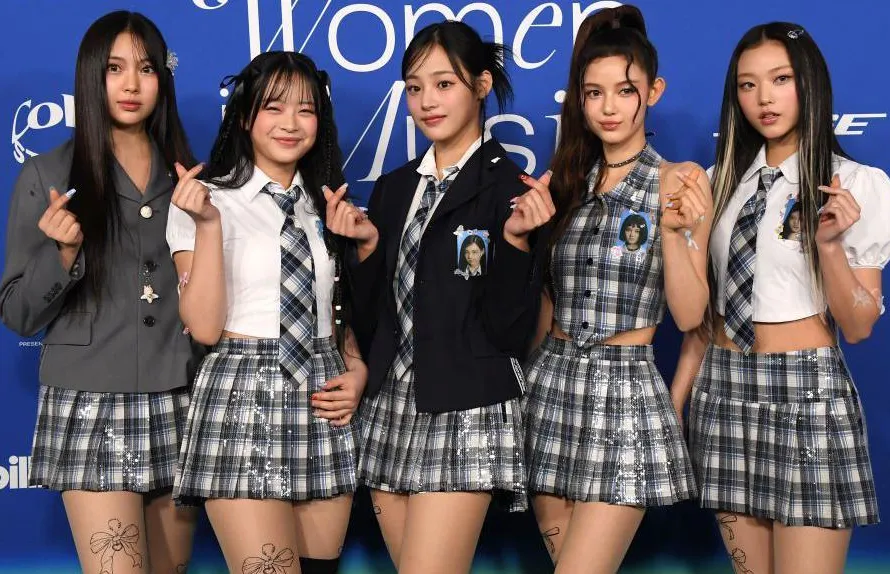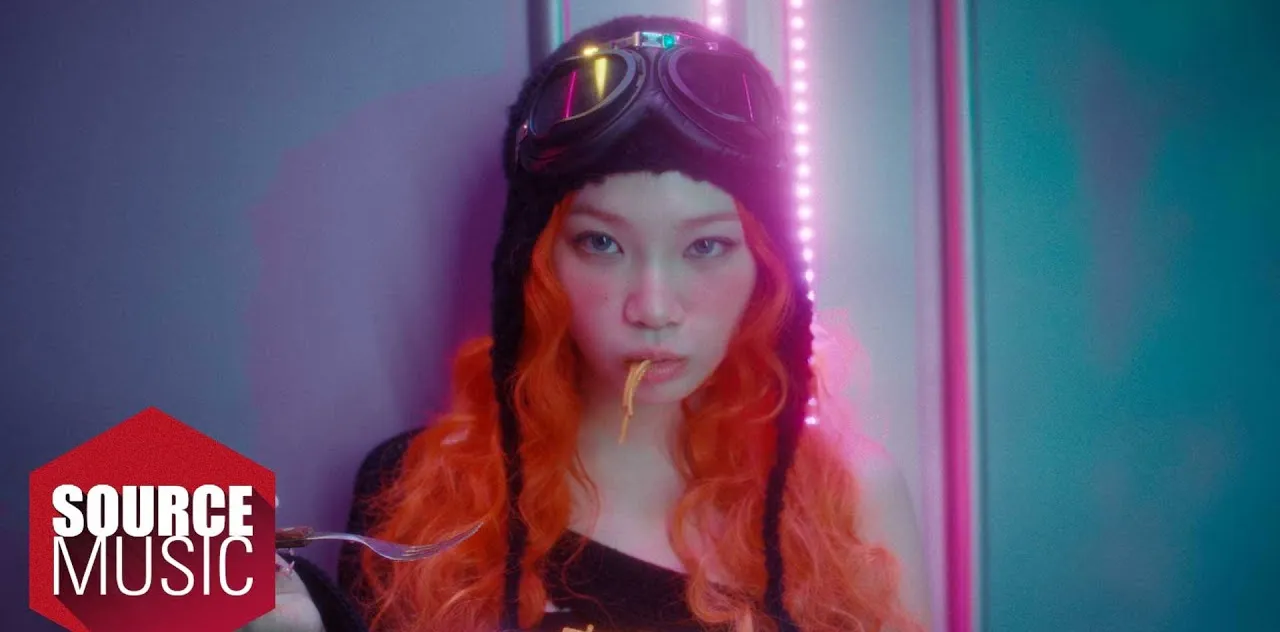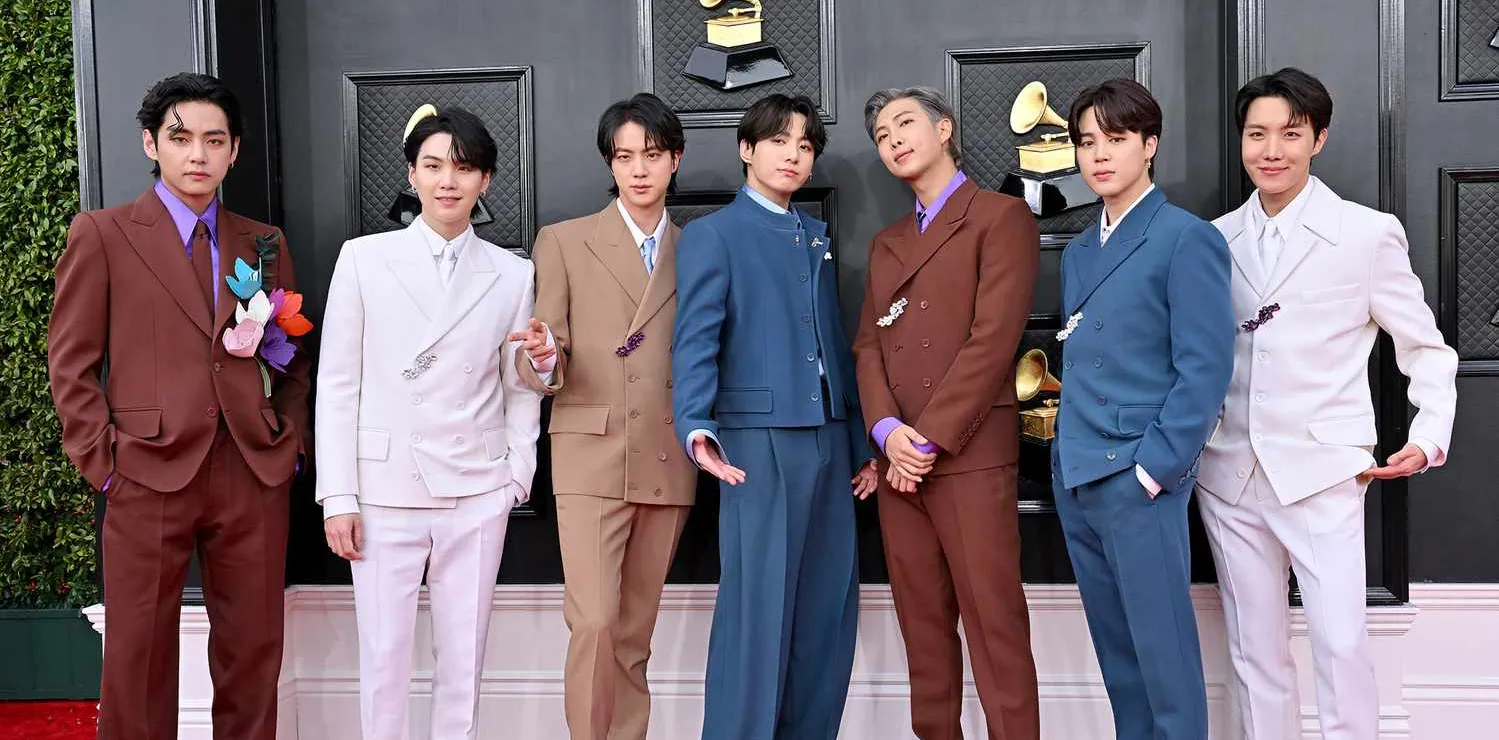Court Upholds ADOR Contract, Rejects All of NewJeans’ Termination Claims
Seoul Court Rules in Favor of ADOR, Upholds NewJeans’ Exclusive Contract
The Seoul civil court has ruled that K-pop group NewJeans does not have valid grounds to terminate its exclusive management contract with agency ADOR. Issued on October 30, the decision dismisses all ten arguments the group submitted and leaves the agency’s management agreement intact.
Court’s Reasoning: Investment, Risk and Contractual Stability
Judges emphasized that talent agencies assume significant financial and operational risk to develop artists. Allowing performers to unilaterally exit long-term management agreements without clear legal cause would, the court said, produce unjust outcomes for agencies that underwrite training, production and promotion.
NewJeans’ Claims Were Rejected in Full
NewJeans argued that the relationship of trust with ADOR had collapsed — citing reasons ranging from alleged mismanagement after the departure of former CEO Min Hee-jin to claims of inadequate protection against perceived plagiarism and discrimination. The court found none of the ten grounds sufficient to justify termination.
- The judges treated the dispute as binary: either the contract is valid or it is not — leaving no room for a partial win.
- Because the court did not accept any of NewJeans’ claims, the exclusive contract remains enforceable.

Why the “Breakdown of Trust” Argument Matters
In continuous management contracts, the law allows termination only when trust between parties is irreparably broken and that breakdown is attributable to the other party’s conduct. The burden rests on the party seeking termination to prove such a collapse. The court concluded NewJeans did not meet that burden here.
Potential Impact on Related Criminal Inquiry
The ruling could affect an ongoing investigation into whether former ADOR CEO Min Hee-jin improperly attempted to divert NewJeans from the agency. Had the court allowed NewJeans to leave ADOR and immediately sign with Min without penalty, prosecutors might view that as stronger evidence of self-dealing. The investigation remains active and any criminal conclusions will depend on further evidentiary review.
What’s Next
NewJeans has signaled it will appeal the decision. The case highlights the legal tension between artists’ autonomy and agencies’ contractual protections in South Korea’s entertainment industry — and reinforces that courts will scrutinize claims of lost trust against the factual record and contractual obligations.






